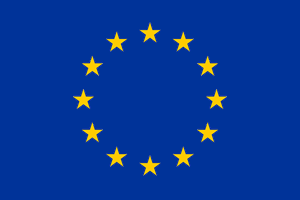Ideas Lab
Individual MaaS and Social MaaS
MARCO DIANA
Mobility as a Service (MaaS) is considered as one of the most promising tools to improve social inclusiveness in transport. New mobility services could be offered, having a degree of flexibility comparable to the use of one's own car. MaaS could therefore be the tool to provide a quality service to those who do not have access or cannot have their own vehicle and live in rural or peripheral areas, where public transport struggles to represent a valid alternative.
However, it is well known that the use of MaaS requires digital skills that are largely lacking in those marginal social groups (elderly, disabled) that would most need an improvement in their level of mobility ( https://doi.org/10.1016/j.cities.2020.103036 ). Will it be possible in the future to use MaaS services also without using Apps and smartphones?
In addition to this widely known technological barrier, there are other obstacles on the road to building a social MaaS. The current concept of MaaS is centered on the satisfaction of the needs of the individual-consumer. The social and relational dimension of the activity of moving, which instead is to some extent considered in both private and traditional collective transport, is largely absent from the current MaaS paradigm. To give some concrete examples, is it possible that a MaaS based on Apps installed on smartphones and individual subscriptions could be useful to organize the outing of a group of friends, or when it is necessary to accompany a relative to a medical visit? Will it be possible within a MaaS ecosystem to choose among different services also on the basis of some of their social characteristics (e.g. related to possible travel companions), as it already happens for example for the Blablacar carpooling service?
